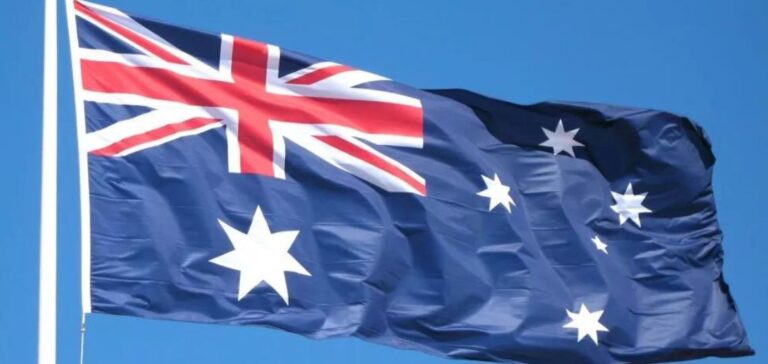Australia, one of the world’s leading mining powers, has announced its intention to continue using natural gas as a major energy source beyond 2050. Energy Minister Madeleine King stresses that gas will remain essential to support the economy and stabilize the electricity grid as the use of renewable energies increases. Prime Minister Anthony Albanese supports the strategy, saying it is consistent with Australia’s commitments to a net zero emissions future.
Environmental criticism
Environmental groups have strongly criticized this strategy, calling it a “catastrophe” for the climate. Jennifer Rayner, from the Climate Council, said the government must choose between gas and renewables. According to Gavan McFadzean, spokesman for the Australian Conservation Foundation, the project contradicts climate objectives. He points out that gas remains a highly polluting fossil fuel. That it accelerates bushfires, coral bleaching and flooding in Australia.
Australia’s gas outlook
Despite this criticism, the Australian government is planning to explore new gas fields. An initiative taken to support its liquefied natural gas (LNG) exports. In 2023, these exports generated 56 billion euros for the economy. Gas currently accounts for almost a third of the country’s energy consumption, while renewable energies account for just 8.9%. The government is also planning to invest in green energies, with the aim of achieving zero net emissions by 2050.
Challenges and prospects
Australia is at a crossroads between addressing environmental concerns and maintaining its economic position thanks to natural gas. The challenge lies in balancing these priorities, at a time when public opinion is polarizing around the role of gas in the energy transition.
Australia’s plan to use natural gas beyond 2050 reflects the challenges faced by governments seeking to reconcile economic growth with climate commitment. Although controversial, the plan underlines the strategic importance of gas to the Australian economy.






















